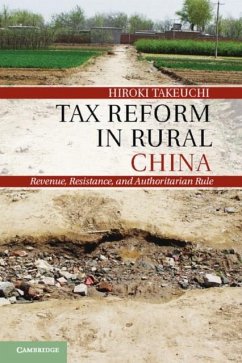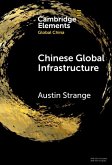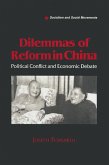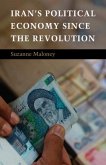How does China maintain authoritarian rule while it is committed to market-oriented economic reforms? This book analyzes this puzzle by offering a systematic analysis of the central-local governmental relationship in rural China, focusing on rural taxation and political participation. Drawing on in-depth interviews with Chinese local officials and villagers, and combining them with game-theoretic analyses, it argues that the central government uses local governments as a target of blame for the problems that the central government has actually created. The most recent rural tax reforms, which began in 2000, were a conscious trade-off between fiscal crises and rural instability. For the central government, local fiscal crises and the lack of public goods in agricultural areas were less serious concerns than the heavy financial burdens imposed on farmers and the rural unrest that the predatory extractive behavior of local governments had generated in the 1990s, which threatened both economic reforms and authoritarian rule.
Dieser Download kann aus rechtlichen Gründen nur mit Rechnungsadresse in A, B, BG, CY, CZ, D, DK, EW, E, FIN, F, GR, HR, H, IRL, I, LT, L, LR, M, NL, PL, P, R, S, SLO, SK ausgeliefert werden.
Hinweis: Dieser Artikel kann nur an eine deutsche Lieferadresse ausgeliefert werden.









